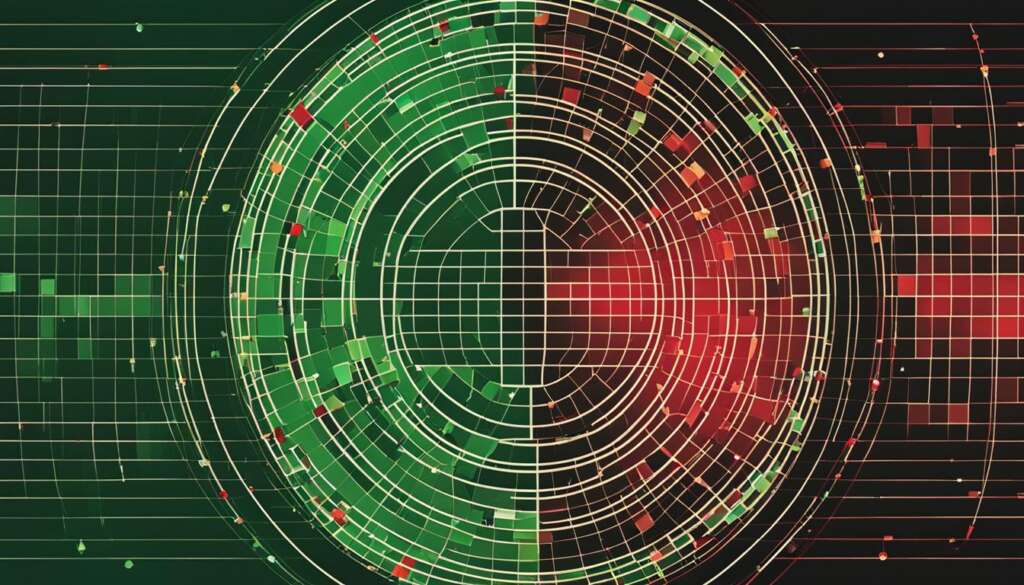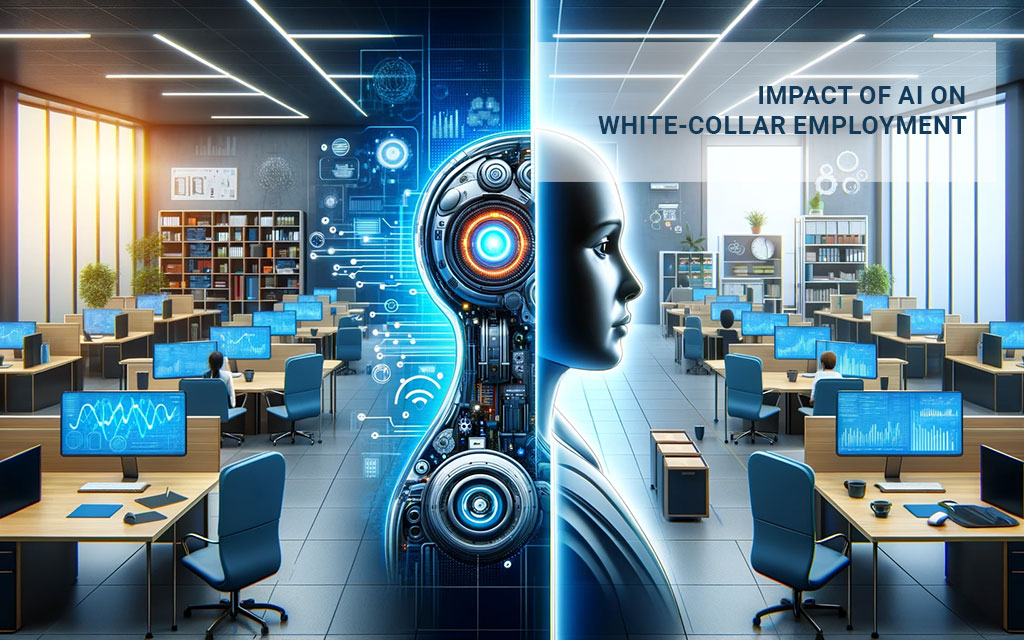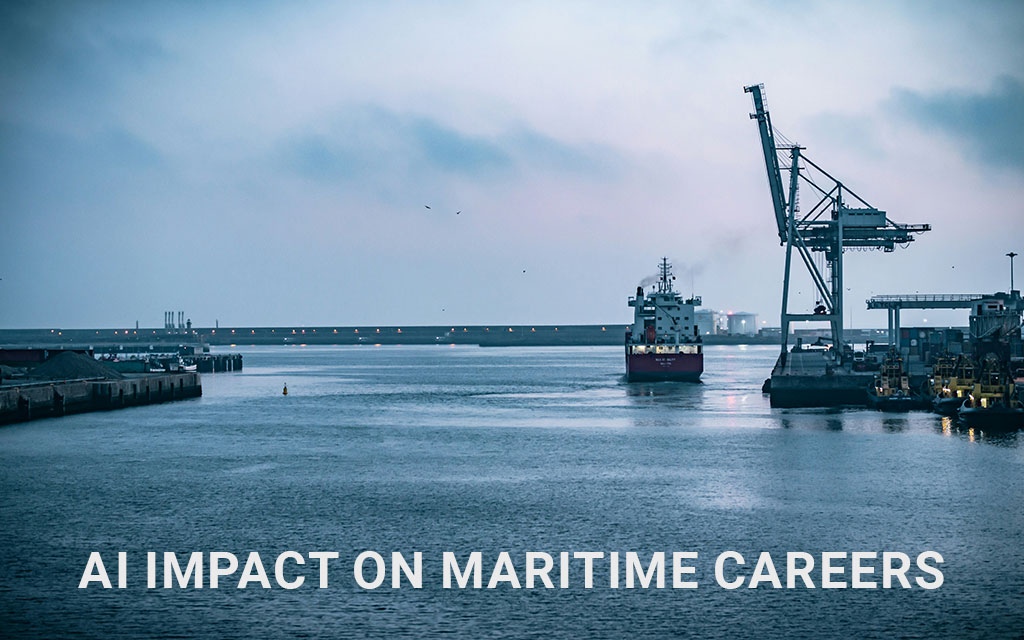Table of Contents
Are AI job loss statistics telling the whole story? While there’s been significant concern surrounding the impact of AI on employment, it’s essential to dig deeper and understand the complete picture. Simply focusing on AI job loss statistics can be misleading.
According to experts, AI automation may displace some jobs, but it also creates new job opportunities. The job market is evolving, and AI technology is more likely to augment human abilities rather than replace them entirely. Instead of emphasizing complete job loss, we should acknowledge the disruption that AI brings to various industries and sectors.
So, are AI job loss statistics accurate in predicting the future of employment? The answer is complex. While certain sectors may experience significant disruption, others may see growth. It’s crucial to consider long-term implications and adapt to the changing job landscape through upskilling and reskilling.
Join us as we unravel the complexities of AI job displacement and explore the future perspective of the AI job market. You’ll gain valuable insights into the realities behind AI job loss statistics and discover how to navigate the evolving employment landscape.
Understanding the Complexities of AI Job Displacement
AI job displacement has been a topic of significant concern, raising questions about the future of work and the impact of automation. However, it is essential to delve deeper into the complexities surrounding this issue, rather than relying solely on statistics. The first source reveals that AI technology does not merely replace jobs but rather transforms the nature of work itself. Instead of complete job replacement, AI is more likely to enhance human abilities and augment the workforce.
Industries such as manufacturing and customer service have witnessed AI automation leading to job displacement. However, the second source points out that this displacement is offset by the emergence of new roles that require a combination of human skills and AI technologies. For example, positions in data analysis and AI development have grown in demand, highlighting the need for individuals with both technical expertise and human ingenuity.
The impact of AI on the job market is not uniform across all sectors. The third source emphasizes that while certain industries may experience significant disruption, others may see growth and expansion. The key lies in adaptability and the willingness to upskill and reskill. As the job landscape evolves, individuals must embrace continuous learning and acquire new skills that align with the demands of the AI-driven economy.
By understanding the complexities surrounding AI job displacement, we can navigate the changing job market with confidence and adaptability. Rather than succumbing to fear, we can harness the potential of AI technologies to augment our abilities and drive innovation. The future of work lies in the synergy between humans and AI, where we leverage our unique qualities, creativity, and emotional intelligence alongside the power of automation.
The Future Perspective on AI Job Market
When it comes to the impact of AI on the job market, there are various implications to consider beyond the initial concerns of job loss. Traditional views may paint a bleak picture of AI job disruption, but it’s essential to look beyond these misconceptions and understand the potential for new opportunities that arise.
One key area where AI has the potential to create job opportunities is in the field of data analytics. As AI technology continues to advance, the need for skilled professionals who can analyze and interpret the vast amounts of data generated becomes crucial. Additionally, the development and maintenance of AI systems themselves present a whole new realm of possibilities for individuals with expertise in AI technology.
However, the future perspective on the AI job market goes beyond the direct impact on employment. Societal implications also come into play, such as income inequality and the need for social policies to support workers affected by AI job disruption. It is important to address these challenges proactively and ensure that the benefits of AI are distributed equitably.
Looking ahead, while there may be some jobs that become automated, it’s crucial to recognize that new roles will continue to emerge. These future job roles will require uniquely human qualities such as creativity, critical thinking, and emotional intelligence that AI cannot replicate. As AI continues to evolve, it is important for individuals to adapt and acquire the necessary skills to complement AI and thrive in this changing job landscape.
FAQ
It is important to look beyond the statistics and understand the full story. While there may be some jobs displaced by AI automation, there are also new job opportunities being created.
Will AI completely replace human jobs?
AI technology is not simply replacing jobs, but rather changing the nature of work. It is more likely to augment human abilities rather than completely replace them.
Which industries are most affected by AI job displacement?
Industries such as manufacturing and customer service have experienced job displacement due to AI automation. However, new roles are emerging that require human skills alongside AI technologies.
What are the long-term implications of AI on the job market?
AI will lead to job disruption rather than complete job loss. Certain sectors may experience significant disruption while others may see growth. It is important to upskill and reskill to adapt to the changing job landscape.
Will AI create new job opportunities?
Yes, there are potential new job opportunities in fields such as data analytics and AI development. AI is changing the nature of work and creating a demand for human expertise in utilizing AI technologies.
What are the societal implications of AI job disruption?
AI job disruption can lead to income inequality and the need for social policies to support affected workers. It is crucial to address these implications and ensure a fair transition in the job market.
What does the future hold for the AI job market?
While some jobs may be automated, new roles will emerge that require human creativity and emotional intelligence. The future perspective of the AI job market indicates a need for continuous adaptation and development of new skills.













